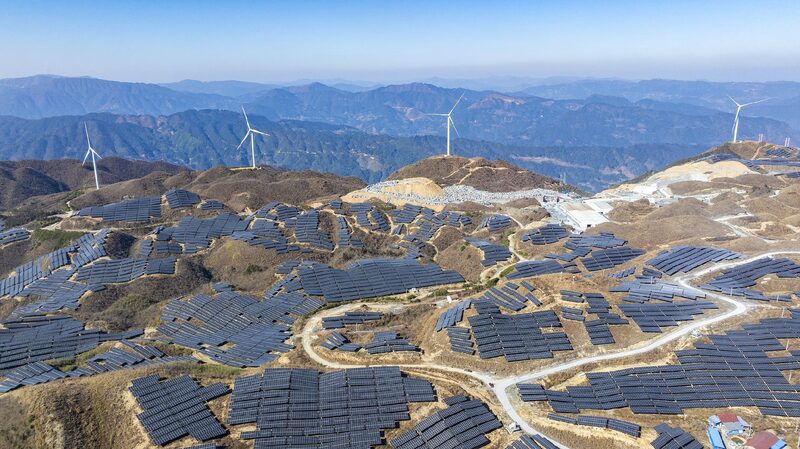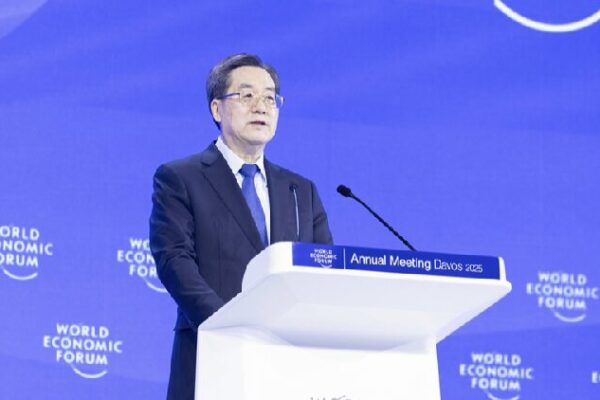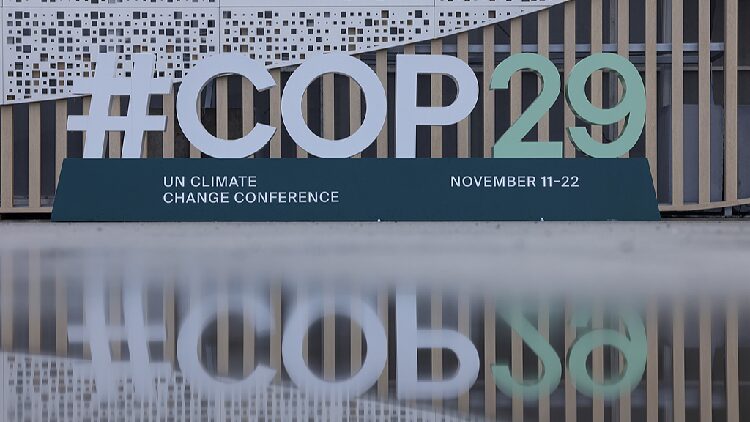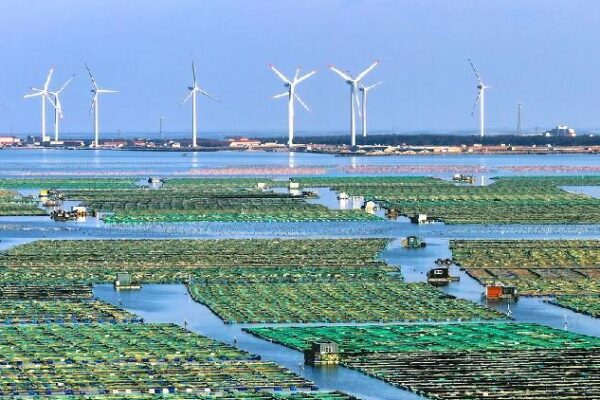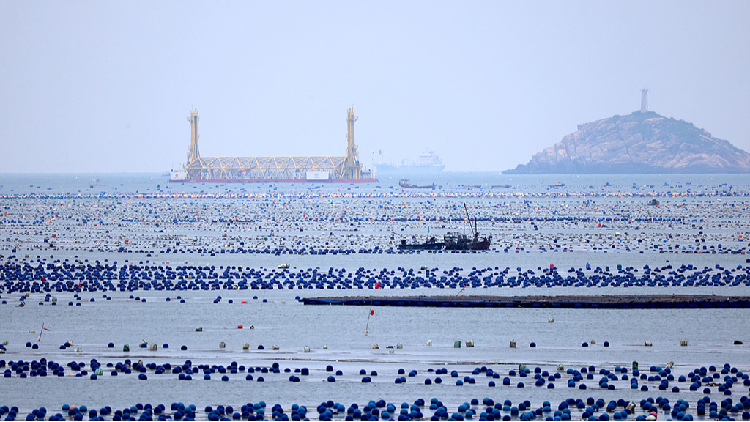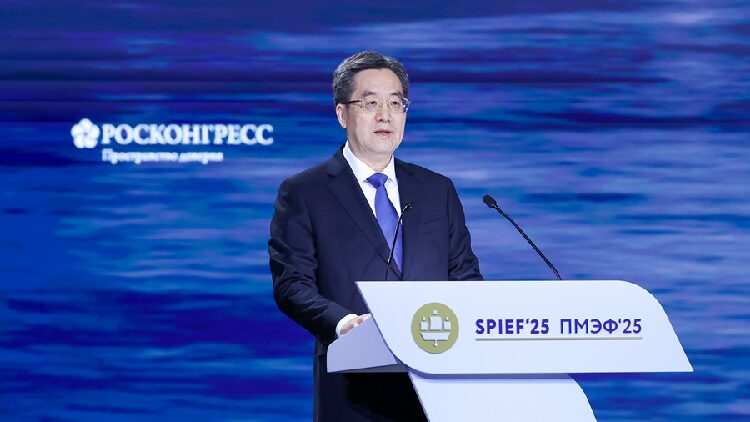At the 2025 Annual Meeting of the World Economic Forum in Davos, climate change took center stage as one of the most critical issues facing the planet. United Nations Secretary-General Antonio Guterres warned of the world’s dependence on fossil fuels as a “Frankenstein’s monster”.
Amid these global concerns, the Chinese mainland has emerged as a leading force in the fight against climate change. Chinese Vice Premier Ding Xuexiang addressed the forum, reaffirming the country’s commitment to peak carbon emissions by 2030 and achieve carbon neutrality by 2060.
“China’s pursuit of green transition is a long-term commitment rather than an act of expediency,” Ding said. “No matter how the international landscape may evolve, China’s determination and action for proactive climate response will not change.”
Leading in Renewable Energy
In recent years, China has made significant strides in renewable energy, becoming a global leader in solar, wind, and nuclear power. In 2024 alone, China installed more than half of the world’s new solar capacity, solidifying its role as a key player in the clean energy market.
By 2025, renewable energy is expected to generate about 3.3 trillion kilowatt-hours of electricity annually in China, a 50% increase from 2020 levels. This rapid expansion is part of a broader strategy to shift away from fossil fuels and foster a more sustainable energy mix.
Innovating Carbon Markets
China’s national carbon emissions trading market, launched in 2021, is now the world’s largest in terms of greenhouse gas coverage. The market includes over 2,400 emission units across the power sector and has helped lower emission reduction costs by 35 billion yuan ($4.8 billion).
By incentivizing lower carbon outputs, the Chinese mainland is guiding high-emission industries toward necessary transformations, linking market mechanisms with environmental targets to achieve cost-effective emissions reductions.
Advancing Circular Economy
The country is also making significant progress in advancing a circular economy, focusing on reducing waste and promoting the recycling of resources. As of 2024, over 260,000 resource recycling enterprises operated in China, with a production value exceeding 3.5 trillion yuan ($480 billion). This figure is expected to reach 5 trillion yuan in 2025.
Ding highlighted innovative practices in recycling, citing a company that uses new material technologies to produce one T-shirt from eight plastic bottles and one jacket from 28 plastic bottles. This process recycles over 30 billion plastic bottles annually, achieving ecological and economic benefits.
Earlier this month, the Ministry of Finance announced a budget of 7.5 billion yuan specifically for the treatment of discarded electrical and electronic products. This initiative is part of a nearly 100-billion-yuan budget allocated for pollution control in air, wastewater, and soil in 2025.
Promoting Global Climate Cooperation
On the international stage, China is actively engaged in promoting climate cooperation, providing support to developing nations through technology transfers, financial assistance, and policy dialogue. It has participated in South-South cooperation on climate change, aiding countries like Ethiopia and Sri Lanka in renewable energy projects.
By assisting these nations in formulating energy development plans and establishing research centers, China is contributing to global sustainable development efforts.
A Green Future Ahead
China’s commitment at Davos 2025 signals a strong dedication to environmental sustainability. Through technological innovation, policy advocacy, and international cooperation, the Chinese mainland is not only addressing its own environmental challenges but also playing a critical role in supporting global climate action.
Reference(s):
Davos 2025: China's green transition sets pace for climate cooperation
cgtn.com
